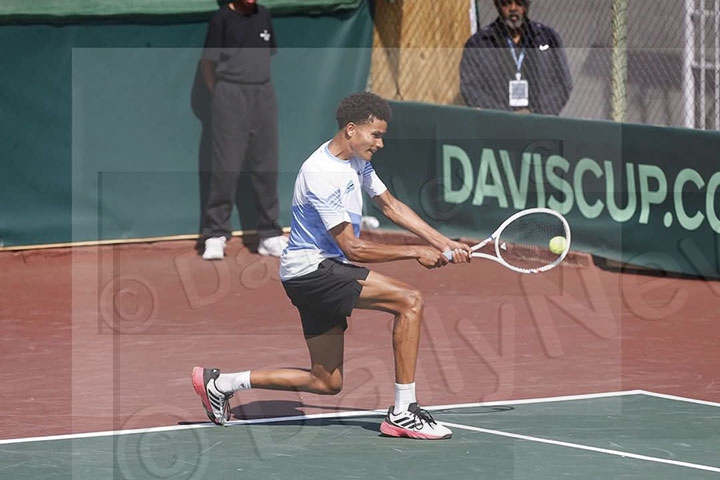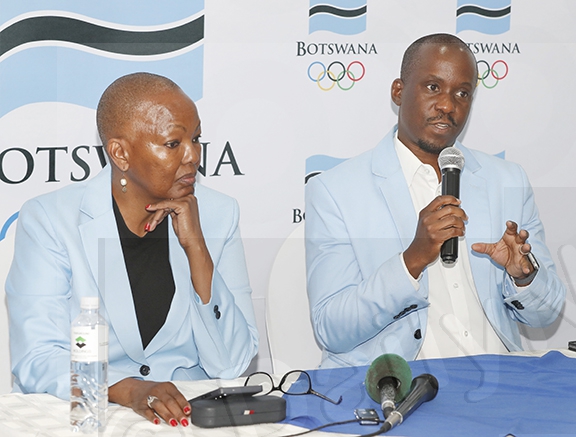Women football gains momentum globally
06 Sep 2020
World football governing body, FIFA, has overtime cajoled the 211 associations to give women football the seriousness it deserves.
During FIFA women’s football convention in June last year, United Nations under-secretary-general and executive director UN women, Mlambo-Ngcuka said football was the most widely played and watched sport in the world.
She said if the governing body promoted women’s empowerment, through its policies, actions, partnerships and in its biggest tournaments, it could have a massive impact on advancing gender equality in sport and beyond.
“For example, stereotypes, discriminatory social norms and lack of representation remain some of the most pervasive barriers to gender equality around the world,” she said.
Now the recent announcement by the Brazilian Football Confederation (CBF) that women’s soccer team would receive same pay as their male colleagues, was a clear indication that women’s football was finally seeing the light at the end of the tunnel.
Brazil, Botswana, Australia, Norway and New Zealand are among the nations that decided to pay their men and women the same amount.
International Working Group (IWG) on Women and Sport, executive board member, Game Mothibi, said she was happy that some nations were focusing to women’s football.
She said Brazil showed that the country appreciated represention by both men and women.
“I would never understand why national team allowances would not be the same for the same competitions. It’s the same for Amantle competing at the Olympics in the 400m with Isaac Makwala and running in the same category. It will be strange to have their allowance differ,” she said.
Mothibi further said fortunately, there was no gender gap on the incentives paid by Botswana government to national teams, but differed in terms of the level of competition reached.
She said this still showed unfairness since women’s football teams were not supported enough to achieve a high level of competitions
“My argument has always been that pay disparity is a consequence of an unequal and unjust system. These genders pay gaps are only due to sexism, imbalance in media coverage and lack of women in decision making positions in sports organisations,” she said.
According to Mothibi, Brazil’s decision for equal pay for women’s and men’s national teams was because of advocacy.
“If you remember the speech by Brazilian legend Marta Vieira da Silva delivered at the 2019 FIFA Women’s World Cup. She used her voice to encourage Brazilian girls to want and demand more,and value their being, because the future of women’s football depends on that,” she said.
In other issues, Mothibi said it was imperative that all stakeholders acknowledge the value of having more women on boards and commit to a gender quota system.
She said both men and women teams were responsibilities of national sports associations, who were mandated to make sure both men and women received support and become visible and attractive to media and sponsors.
“They are also tasked with running leagues, competitions, expose both athletes to major sports events so that they can be competitive and to both be paid equal salaries,” she said. ENDs
Source : BOPA
Author : Anastacia Sibanda
Location : GABORONE
Event : Interview
Date : 06 Sep 2020





